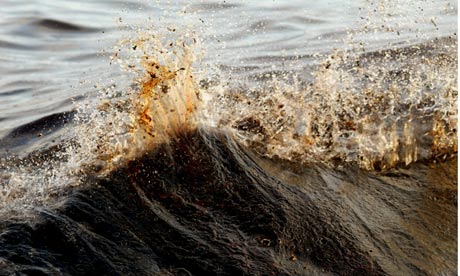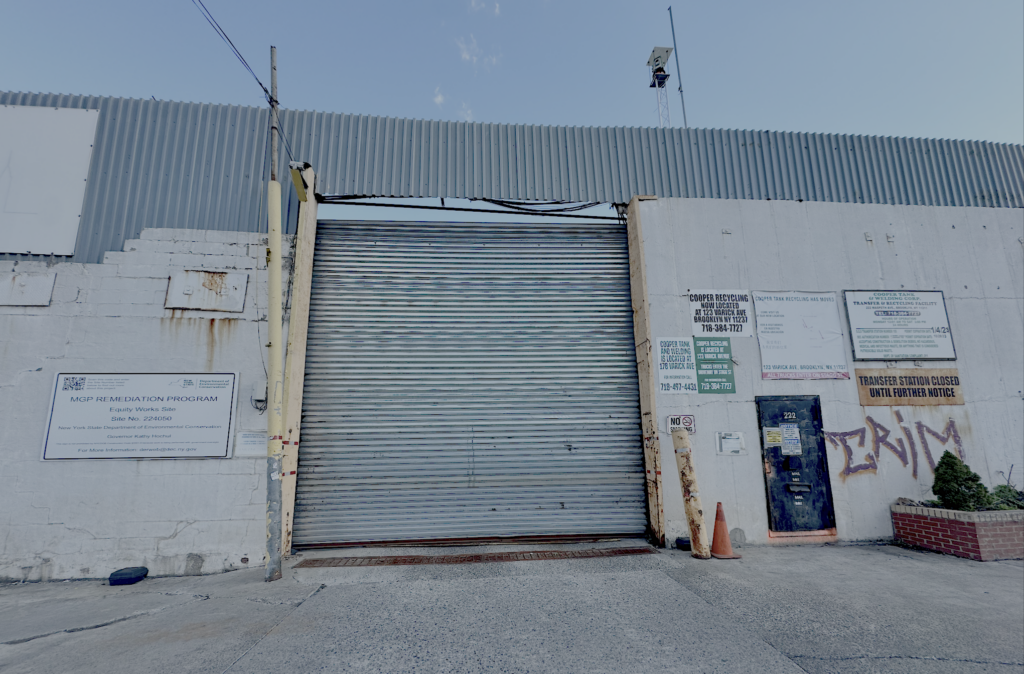Earlier this week, the National Commission on the BP Deepwater Horizon Oil Spill and Offshore Drilling released their final report on the Gulf of Mexico oil disaster. For those of us who had been following the story, there was nothing new in the report – BP, Halliburton, and Transocean cut corners on safety measures; They received warnings from crew that there were numerous problems, and that the whole disaster should make us take a good hard look at offshore drilling. I’m a little sensitive about this subject because I am a lifelong Gulf Coast resident. While most people only read about the disaster or saw clips on the news, I was living through it, watching tar balls roll up on the beaches I’ve played on since I was an infant.
The report does point some fingers, but the pointing ends with companies like BP, Halliburton, and Transocean. That is the equivalent of blaming Ford if a drunk driver gets into a wreck. In that situation, you have a driver at fault, a bartender who didn’t take away someone’s keys – a collective group making poor decisions. In the Gulf oil disaster, the driver was Dick Cheney, and the bartender was Chris Oynes. Yet strangely enough, neither one of those people were mentioned once in the Oil Spill Commission’s 382-page report.
To understand the full story, you have to understand the involvement of both Oynes and Cheney. Chris Oynes oversaw all oil and gas leasing in the Gulf of Mexico for the Minerals Management Service (MMS) for twelve years, meaning he personally oversaw the lease given to the Deepwater Horizon rig. It was during this time that Oynes made a name for himself in Republican politics by allowing oil companies to buy cheap leases to drill in the Gulf of Mexico without paying any taxes on their revenues. According to the resulting Congressional hearings on the matter, the oil companies claim that they repeatedly told Oynes that he needed to be charging taxes, but he refused. When asked by the Congressional committee about this, Oynes told them that he simply forgot to charge taxes. But his gifts to the oil industry didn’t end with the estimated $10 billion tax break. He also allowed the oil companies to fill out their own inspection reports in pencil. Oynes would then have his staff trace over in ink, giving the impression that they were actually doing their jobs.
In a normal scenario, this should have gotten Oynes booted out of the agency. But in 2007, Dick Cheney personally saw to it that Oynes receive a promotion to become the associate director for Offshore Energy and Minerals Management at MMS. Oynes was the perfect fit for Cheney, as Cheney himself had been working for years to dismantle regulations on the oil industry and allow them to write their own rules.
And this is where the plot thickens. During Dick Cheney’s secret energy task force meetings in 2001, he allowed oil industry executives to help draft legislation that would allow them to operate with almost no oversight (and the oversight that did occur came from cronies like Chris Oynes.) One of the most important rules that they wrote for themselves was that they didn’t have to include an acoustic switch on offshore oil rigs – a device that blows up and seals off a well permanently in the event of a blowout. According to attorney Mike Papantonio:
So here we have two of the biggest culprits in the BP oil spill saga, and yet neither one of them was mentioned in the commission’s final report. This isn’t to say that the report won’t have a positive impact – it makes a very strong and compelling argument about the need for greater regulation and inspections of oil rigs in order to prevent future catastrophes. But it also claims that the oil industry is too important to the Gulf region (which really only means Louisiana and Texas) to shut down completely.
Overall, I’m unhappy with the report for omitting the underlying cause of the disaster, which would be 8 years of government deregulation and industry self-regulation permitted by an Executive Branch that was so deeply embedded in the oil industry that the two were indistinguishable.
Subscribe to our newsletter
Stay up to date with DeSmog news and alerts







